NEW NAME FOR 2023-24: INDUSTRIAL TECHNOLOGY BECOMES APPLIED ENGINEERING TECHNOLOGY
Maintenance technicians are the lifeline of manufacturing facilities and are tasked with keeping plants running safely and effectively day after day. This program is designed to develop skills in various areas of manufacturing and troubleshooting while looking on from an engineering perspective.
Students in the applied engineering technology program will hone their skills in hands-on labs such as welding, electrical, hydraulic, pneumatics, and blueprint reading. By the end of the two-year program, students will be able to analyze and troubleshoot complete system operation, recognize failures, and impact efficiencies. On top of that, students will also have the necessary skills to perform the needed repairs to get machines and facilities back online.
NOTE: This program is located on the Creston campus.
Awards Available
 Associate of Applied Science Degree
Associate of Applied Science Degree
The Associate of Applied Science (AAS) degree is a specialized degree that can be used for immediate entry into the workplace. Emphasis is placed on competence of applying basic principles, theories, and occupational skills. These are two-year programs.
 Diploma
Diploma
A diploma is awarded upon successful completion of all courses in a career and technical education program of less than two years.
 Certificate
Certificate
A certificate is awarded following successful completion of a select group of career courses in a four- to six-month format.
Potential Careers
- Maintenance technician
- Industrial mechanic
- Engineering technician
- Maintenance foreman
- Wind farm support specialist
- Service technician

Maintenance Worker, Machinery
$43,676
Normal Annual Salary
$29k-$55k
Annual Salary Range

Industrial Machinery Mechanic
$41,752
Normal Annual Salary
$28k-$53k
Annual Salary Range
Sample Courses
- ELE 155 National Electrical Code® I
- IND 114 General Industry Safety 1
- EGT 114 Introduction to Engineering Technology
- ELE 110 Basic Electrical Fundamentals
- ELE 172 Fundamentals of Fluid Dynamics
- MAT 743 Technical Math
- ELT 793 Advanced Fluid Power
- ELE 195 Motor Control
- ELT 170 Introduction to PLCs
- CSC 110 Introduction to Computers
- WEL 124 Maintenance Welding
- COM 724 Employment Communications
- IND 195 Mechanical Drives
- MFG 110 3-D Modeling
- MFG 516 Introduction to Lean Manufacturing
- MFG 102 Machine Shop Tools I
- ELT 160 Advanced Programmable Logic
- IND 192 Industrial Pumps
- ELE 192 Principles of Motors/Transformers
- WEL 114 Introduction to Fabrication
- ELE 197 Advanced Motor Control
- ELT 736 Instrumentation & Control
- ELT 717 Automated Processes and Robotics
- IND 185 Predictive and Preventative Maintenance
Click on the course number in the list above to view the course description. This may not be a complete list of courses that may be included for the Applied Engineering Technology program. To see all courses in a semester-by-semester plan, view the Applied Engineering Technology program course outline.
Degree requirement advising sheet
Upon completion of this program, students will be able to:
-
Apply technical skills in the maintenance and repair of mechanical and electronic equipment.
-
Diagnose and repair industrial hydraulic and pneumatic systems.
-
Use digital electronic equipment to control automated production systems.
-
Diagnose, modify, and repair power transmission systems in industrial equipment.
- Apply industry practice while utilizing predictive and preventative maintenance programs.
-
Perform facilities maintenance and upgrades to various systems and equipment types.
- Demonstrate the ability to program and service electronic equipment including PLCs.
- Demonstrate the ability to communicate issues and failures in detail.
- Identify various signs, symptoms, and failures in mechanical and electrical components.
- Explain the different types of components found in manufacturing facilities and their intended use.
Contact:
Shawn Oaks, applied engineering technology instructor







